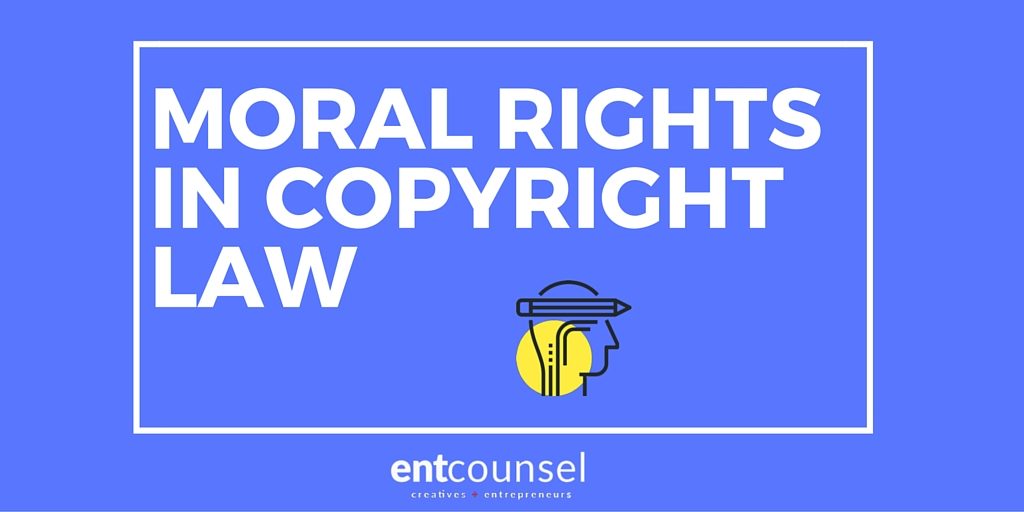Moral rights provide the author (who may or may not be the copyright holder of the work) of a work:
(i) the right to the integrity of the work (i.e.to prevent the work from being distorted or mutilated) and to prevent it from being “used in association with a product, service, cause or institution” and to prevent it from being “used in association with a product, service, cause or institution”. (S. 14.1 and 28.2
(ii) the right to be associated with the work by name (or pseudonym) or to be anonymous (does not apply to corporations)
(iii) where the work is copied, published, performed or otherwise dealt with as set out in the Copyright Act.
æThis article discusses the concept of moral rights in copyright law.
What are moral rights?
- Copyright law in Canada provides the author with economic and moral rights. Copyright also protects the reputation of the copyright owner. Even if an author assigns their copyright, they still retain their moral rights. While transferring ownership of a work may transfer copyright ownership or the physical work itself, there is still right of reputation that the author retains.
- Moral rights accrue only to authors. Moral rights subsist only in “works” (and not sound recording or communication signal or owner of a patent). The Copyright Act was amended by S.C. 2012, c.2 s.10 to add ss. 17.1 and 17.2 effective November 7, 2012 which grants performers moral rights in their performances.
- It is the author’s right to the integrity of the work (prevents distortion or mutilation of the work and the right to prevent the use of the work for promotion of the wares or services of another) and the right of paternity (i.e. to be credited for that work as the author). Section 14.1.
- Moral rights can only be waived and not assigned.
- Duration is life of the author plus 50 years. Full remedies available as for copyright.
- Moral rights arise from the civil law and treat the author’s work “as an extension of his or her personality, possessing a dignity which is deserving of protection” and “the integrity of the work is infringed only if the work is modified to the prejudice of the honour or reputation of the author“. See Thí©berge v. Galerie d’Art du Petit Champlain inc., [2002] S.C.J. No. 32, [2002] 2 S.C.R. 336 at paras. 11 to 17 (S.C.C.).
- A Waiver of Moral Right in writing should include the name of the work (literary, dramatic, musical or artistic, performance, etc.) and must include a statement in writing that the author “waives all moral rights in favour of ____” for the purpose of ________ for a specified term or the full term of the moral rights.
- For case law on the right of the integrity of the work, see Desputeaux v. íditions Chouette (1987) inc., [2001] J.Q. no 1510, 16 C.P.R. (4th) 77 at paras. 35 to 38 (Que. C.A.), revd (award affd) [2003] S.C.J. No. 15, [2003] 1 S.C.R. 178);
- For case law on the right to be associated with the work by name, see((CAN) Copyright Act, R.S.C. 1985, c. C-42, s. 14.1; . See 682330 Ontario Inc. v. Cineplex Odeon Corp., [1990] F.C.J. No. 932, 33 C.P.R. (3d) 408 (F.C.T.D.), affd [1990] F.C.J. No. 1022, 33 C.P.R. (3d) 413 (F.C.T.D.); Desputeaux v. íditions Chouette (1987) inc., [2001] J.Q. no 1510, 16 C.P.R. (4th) 77 at paras. 35 to 38 (Que. C.A.), revd (award affd) [2003] S.C.J. No. 15, [2003] 1 S.C.R. 178 (S.C.C.).
- Moral rights are not enforceable against a copyright owner who was licensed or authorized the rights to use a work as of June 8, 1988.
©Entcounsel. 2015.



